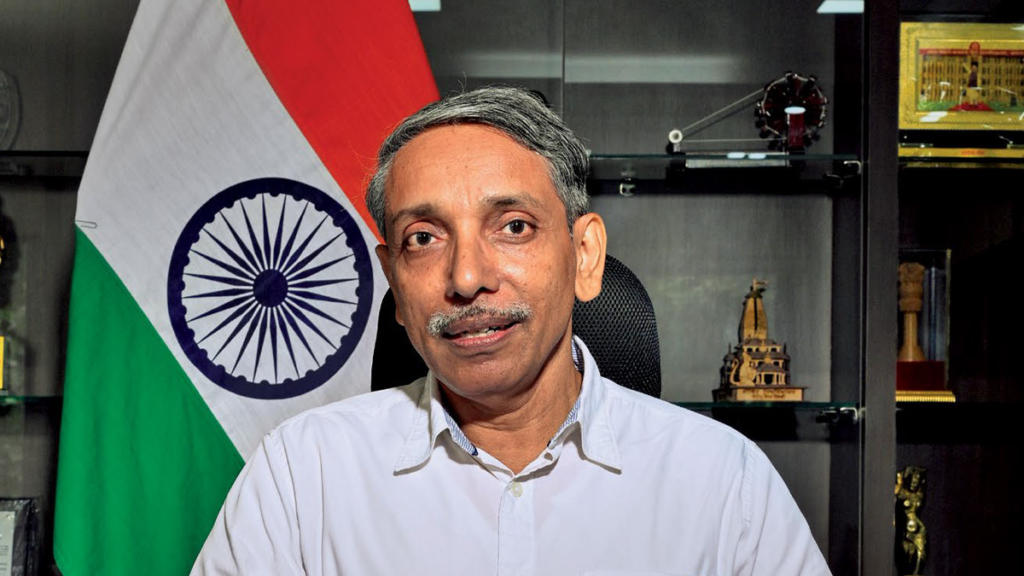UGC has published a new regulatory framework for recognizing and equating foreign degrees in a major revision aimed at fostering internationalization in Indian higher education. On 22 March 2024, notice was served of the UGC (Recognition and Grant of Equivalence to Qualifications Obtained from Foreign Educational Institutions) Regulations, 2024, which came into force on that day.
It is expected that the new framework will provide students who come back from overseas with academic qualifications with clarity and certainty. In accordance with National Education Policy (NEP) 2020 vision, the guidelines aim to eliminate uncertainties and delays in assessing foreign degrees by implementing a clear, technology-enabled process.
A Systematic Approach to Evaluating Foreign Credentials
Foreign degree students are increasingly entering Indian schools due to rising international exchanges and student movement. In accordance with this movement, the UGC developed a standardized equivalency framework that described eligibility criteria, the application procedure, and the role of identified authorities.
“A large number of students come back with foreign qualifications so they can seamlessly integrate into India’s labour force or higher education. In order to evaluate international qualifications without unexpected delays and procedural vagueness, these students need an orderly process, says UGC Chairman Mamidala Jagadesh Kumar.”.
Key points of the new regulation
Equivalency will be granted in line with the 2024 regulation if the qualification meets four general conditions:
1. A reputable international institution bestows it.
2. Full-time, face-to-face teaching is employed to provide it (post-doctoral and doctorate degrees are an exception).
3. It is not merely an honorary qualification.
4. A franchise agreement or a route program is not utilized to purchase it.
Qualifications meeting these standards will be accepted without prior approval from regulatory bodies such as the National Medical Commission (NMC) or the All India Council for Technical Education (AICTE).
In addition, provided the applicable statutory authorities grant approval for such arrangements, the rule provides flexibility for joint and dual degrees acquired under cooperative arrangements between Indian and foreign institutions.
Transparent and technology-oriented procedure
UGC has introduced a portal-based process for students to apply for recognition and equivalency in an attempt to keep it efficient. On behalf of the students, institutions may also request explanation. There will be a special committee for the resolution of issues and queries related to equivalency to back the system.
Kumar stressed, “UGC has established an open, technology-enabled system for recognizing foreign degrees of universities and other institutions. Given the objective of NEP 2020 to make India a global study hub, this step is imperative.”.

UGC moves towards inclusivity and globalization
Besides aiding Indian students coming back from abroad, the new regulation creates an environment that will attract foreign students. UGC aims to raise the competitiveness of the Indian higher education sector at the global level by addressing persisting problems relating to the acceptance of foreign qualifications.
“If Indian institutions wish to attract international students, then we need to provide fair recognition of foreign degrees,” Kumar added. He added that “UGC has taken a bold step through this important reform towards making India’s higher education system more inclusive, competitive and future-ready.”
For ease of use, a portal was introduced.
A dedicated website has also been provided by UGC for institutions to submit applications and pose questions. A committee has also been formed to scrutinize instances of representation and resolve equivalency-related disputes.
Execution and extent
All postsecondary, senior secondary, and secondary degrees and credentials awarded by foreign institutions of learning are covered by the law. However, the statutory authorities concerned will continue to examine professional credentials falling under the purview of professional councils.
By implementing this historical regulation, UGC has bridged the long-existing gap in India’s education system and facilitated the transition academically and professionally for students who studied abroad.
Also Read :https://thenewstudent.com/cooperative-education-in-india-made-possible/
Also Read :https://thenewstudent.com/uk-universities-look-to-open-campuses-in-india/
Also Read :https://www.ugc.gov.in/